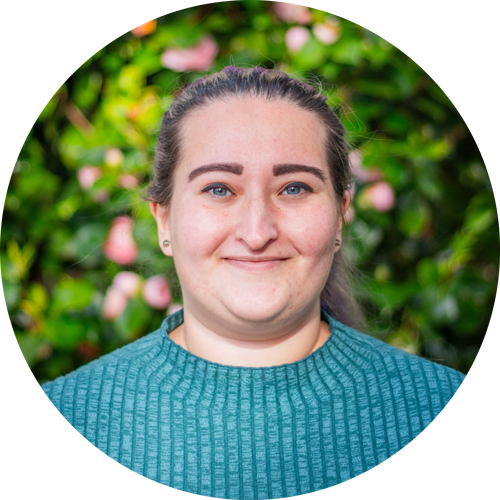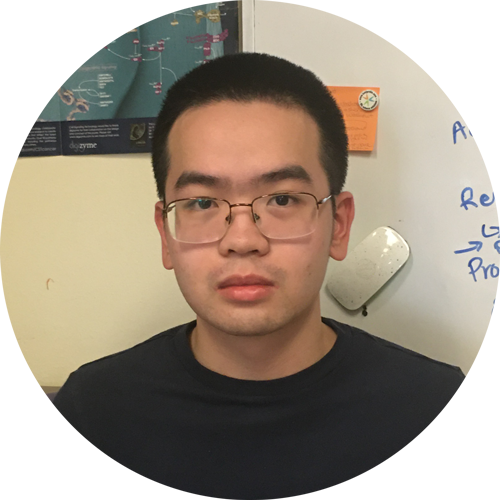
The Harris Research Discovery Program:
Teaching Research and Resilience
By Kirsten Mickelwait
Professor of Molecular and Cell Biology Emeritus Morgan Harris built a distinguished zoology career at Berkeley that spanned nearly 70 years. Now, years after his death, his estate has created an undergraduate research program that’s enabling students to become future accomplished researchers.

According to program adviser Mark Jenkinson,the executors of Professor Harris’s estate reached out to then-MCB Co-Chair David Drubin with the desire to create an immersive research program for undergraduates. The department worked closely with the family to develop the Harris Research Discovery Program. Today, Jenkinson oversees the program along with Professor Diana Bautista, Dr. Marta Truchado Garcia, and Professor Ron Harris-Warrick.
The program launched last summer and aims to prepare MCB undergraduate students for future success with an immersive experience that builds research skills, as well as securing them future lab opportunities. The training includes not only research methods, techniques, and analysis, but also broader skills such as emotional intelligence in the workplace, feedback resilience, self-advocacy and assertiveness, and maximizing mentoring relationships.
Each year, the four-week program will accept 24 students—12 juniors in the fall semester and 12 sophomores in the spring. By May, three to five of the rising seniors are selected to become Harris Fellows. These students are placed into MCB research labs for the summer to undertake mentored research while working on their honors theses, receiving a $4,500 stipend to enable them to focus on their lab work. The Harris Fellows are expected to continue working in these groups during their senior year and complete their honors project thesis work.
“The lab research experience opens the eyes of our students to the fun of doing experiments, and the challenge of experimental design and interpretation,” says MCB Professor and Dean of Biological Sciences Richard Harland. “And the summer research fellowship provides continuous blocks of time that allow students to really sink their teeth into a project and get the satisfaction of making substantial progress.”

Summer 2024 saw the first class of three Harris Fellows. Dawson Chung (MCB 25) worked as an undergraduate research assistant in the Harland Lab studying the role of Notch signaling in the development of somites—metameric blocks of cells that later form the vertebrae and skeletal muscles. Yvonne Du (MCB 25) studied the FOXC1 gene in the Miller Lab, which focuses on the study of teeth regeneration on stickleback fish. And Jessica Patrick (MCB 25) worked in the Martik Lab studying the sea lamprey, a jawless vertebrate, to investigate the role of neural crest cells in the evolution of the vertebrate jaw.
These hands-on experiences teach the fellows specific technical skills such as molecular cloning techniques, genotyping, microscopy, and grafting of embryonic tissue, among many others. But it’s also giving them a broader perspective on their own future paths.
“The most impactful thing I learned last summer was how to be independent in the lab,” says Patrick. “I was able to go through the whole process of designing, planning, and executing an experiment, which will be the foundation of my honors thesis.”
For Chung, the experience even influenced his immediate academic choices. “Before participation in this program, I knew I wanted to major in molecular and cell biology, but I wasn’t sure what my niche I wanted to pursue in graduate school,” he says. “My work with the Harland Lab made confirmed for me that I want to study developmental biology.”
Surely Professor Morgan Harris would be pleased: by uplifting and funding students in their pursuit of careers in science, his estate is extending his scholarly legacy for generations to come.
Back to Main Fall 2024 Newsletter Page




